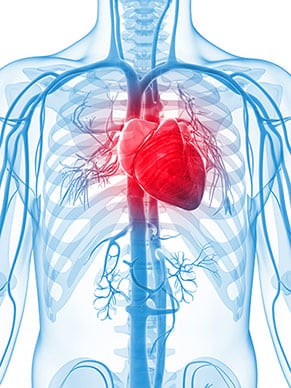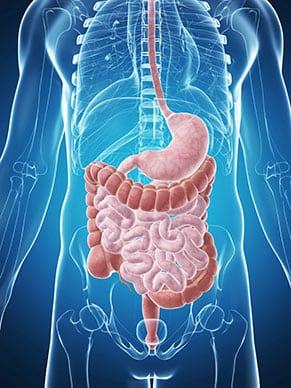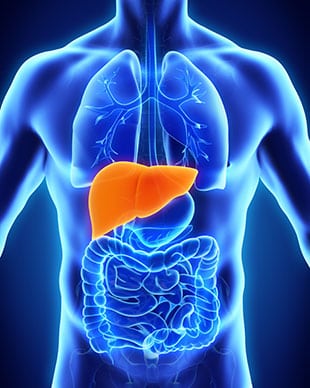When it comes right down to it, the typical Western diet is not a healthy one. Americans and a growing number of Europeans eat high levels of fat, including saturated fats that are known to be a health hazard. In fact, modern medical research blames much of the prevalence of high cholesterol, high blood pressure and cardiovascular disease on our diet. While the Western diet may be the cause of many of our societal health woes, there may be simple and healthy ways to mitigate the damage.
Grape Polyphenols and Your Health
Grape polyphenols are organic molecules that occur naturally in grapes and other fruits. They are present throughout the fruit, but especially high in the skins of the fruit and its leaves. These compounds are rumored to have a variety of positive health effects, from improving cardiovascular risk factors to acting as cancer-protective antioxidants. Researchers decided to look at whether these grape compounds really can improve our health and if so, how they accomplish this.
In the first major study of grape polyphenols, researchers tested the effects of supplementing with grape polyphenols on people who eat a diet that is 33 percent fat, which is similar to the diet currently eaten in the United States. The subjects’ diets were also comprised of three percent grapes, which means they were getting lots of grape polyphenols. After 11 weeks, participants saw a reduction in body fat as well as a variety of positive health benefits. Their metabolic profile was better. Their intestinal microbes were more balanced and contained more health-friendly strains. Gut function was also improved.
A second study looked at the effects of grape polyphenols on an even more unhealthy diet, with 44 percent of calories coming from fat. This diet included a wide range of saturated fat to mimic the more extremely unhealthy diets that have been associated with increased disease risk. When people eating this diet also took in five percent grapes, they did not see any metabolic improvement, but their overall health still improved. Subcutaneous fat deposits were reduced, liver health improved and microbial balance in the intestines was better.
The Power of Grapes
 Grapes have always been a healthy snack, but this research suggests that they offer more health benefits than the average fruit. There have been many studies linking grape polyphenols to better health, more balanced gut flora and more. In fact, this tiny plant compound is believed to be the reason French people eat a high-fat diet yet enjoy better health than Americans: They drink a great deal of red wine, which contains grape polyphenols.
Grapes have always been a healthy snack, but this research suggests that they offer more health benefits than the average fruit. There have been many studies linking grape polyphenols to better health, more balanced gut flora and more. In fact, this tiny plant compound is believed to be the reason French people eat a high-fat diet yet enjoy better health than Americans: They drink a great deal of red wine, which contains grape polyphenols.
The effects of polyphenols in humans are not surprising considering their role in plants. Grapes are rich in this compound because it protects them from the sun, prevents bacterial infection, and repels animal predators. In addition, grape polyphenols give red and black grapes their distinctive pigments. Polyphenols appear to play a similarly positive role in the human body.
Adding More Polyphenols to Your Diet
While grape polyphenols are most studied type, they are not the only polyphenols. People who wish to get more of this disease-preventing nutrient in their diet can eat them in a variety of foods including green tea, cloves and chocolate. While grape polyphenols appear to be especially good for health; the other sources of polyphenols have all been found to fight disease and help support a healthy lifestyle. In addition, people can also take a supplement that contains grape polyphenols to get the health benefits without having to eat the fruit.
New information is constantly coming out about the effects of our diet on our health. Grapes appear to be an especially positive choice, with plenty of polyphenols, resveratrol, and other disease-fighting compounds. These little fruits may not just taste great, but protect us from disease as well.


